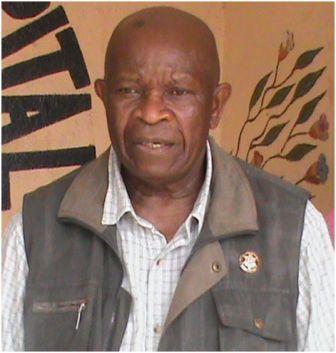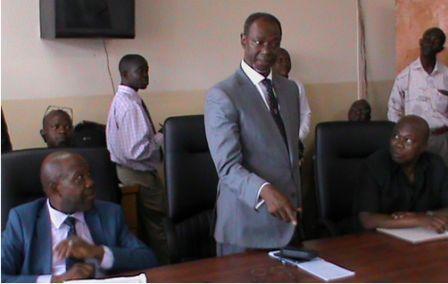The Sierra Leone Free Health Care Dream
Healthcare has been a fundamental problem in the development process of Sierra Leone. Most of what underpins the underdevelopment of the country factors in the country are in one way or the other connected to the problem of poor health care which is why the United Nations Development Index for human development always puts the country last on its scale owing to the fact that what actually should be a premium in the country’s development process has been virtually neglected.
It was therefore very welcomed news when President Ernest Bai Koroma came back from the United Nations General Assembly last year and announced a free health care scheme for pregnant women and children. Whilst it is expected that the free health care scheme is expanded to include all other vulnerable poor in the country, it is nevertheless a very crucial factor to start with pregnant women and children who constitute the most vulnerable as in infant and maternal mortality, HIV and Aids as well as outbreaks of other communicable diseases.
Whilst it’s a known truth that such a programme will give an immense boost to the country’s health care and holistic development, we would not want to also think that the programme will be smooth and silk in the implementation drive. Many factors come to play at this stage considering factors like financial and human resource, accessibility and commitment of health care personnel to the course of the success of the programme.
One major issue that has always had bearing on the implementation of health care and other projects in Sierra Leone is the manner and scheme of funding most often provided by donor agencies. Timeline between tranches in the release of funds has always posed problems for the success of health care programmes, more so when this would mean that there is often a discontinuity in the programme which means that the services thought to be provided are stalled and the beneficiaries deprived leading to a virtual regressive phenomenon in the general public health of the country. It is only hoped that this factor is taken into keen consideration in the implementation of the coming free health care scheme as breakages in the funding of projects has seen many go down the drains with little or no impact on the wellbeing and life of the ordinary citizen.
We would not also want to ignore the very important factor of the availability of the need human resource that also factors with the issue of accessibility to health care service delivery in Sierra Leone. It is no secret that one lacking areas in the health sector in the country is the shortage of personnel in the various sects of the health care system. Whilst this militates very heavily on the success of the system, it also happens to be that accessing health care centre especially for women, pregnant and lactating women is almost an impossibility for the vast many especially for those in the dense and inaccessible rural settings. These areas must be targeted even if it means the installation of mobile health clinics or remote health care centres if the success of the present scheme is to succeed.
One way or the other, the health sector workers have to be motivated and committed to rendering the very essential service of caring for the primary health of the Sierra Leonean public. This has to be either by upgrading the remuneration of personnel and or making working condition much conducive as against the very deplorable state of affairs in the country. All the same we welcome the news of the free primary health care but would at the same time want see the programme through owing to its importance both to human survival and the development of the nations.
Stay with Sierra Express Media, for your trusted place in news!
© 2010, https:. All rights reserved.






